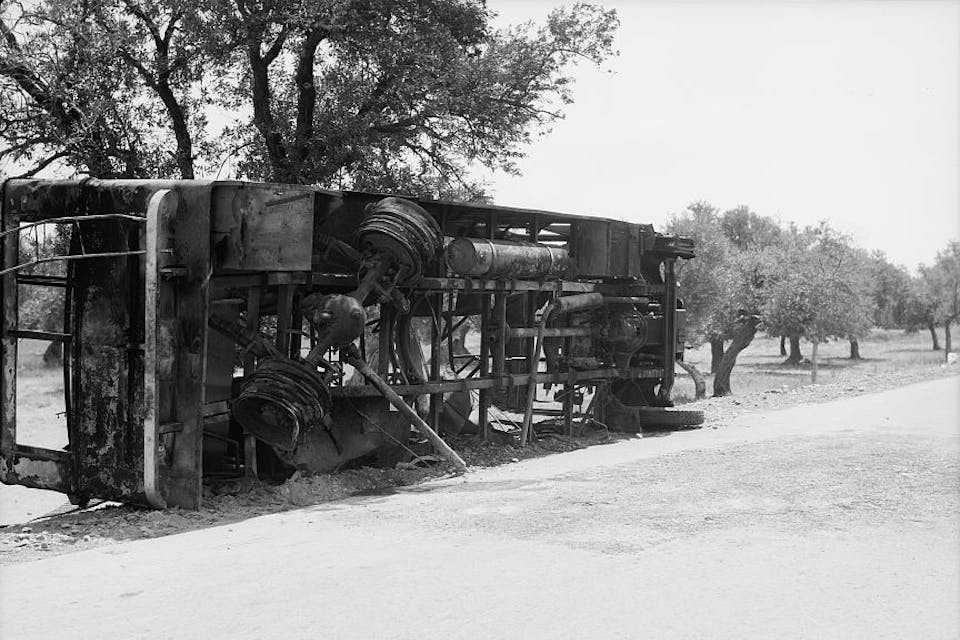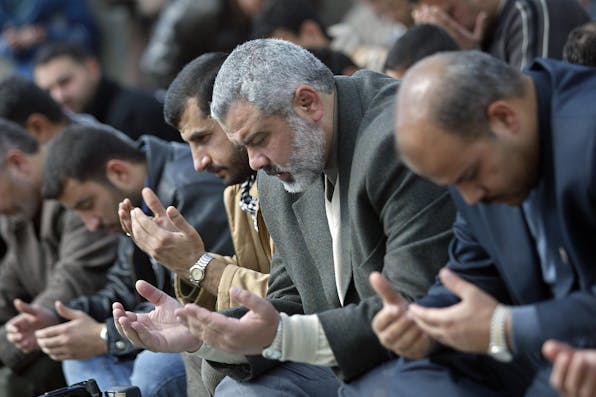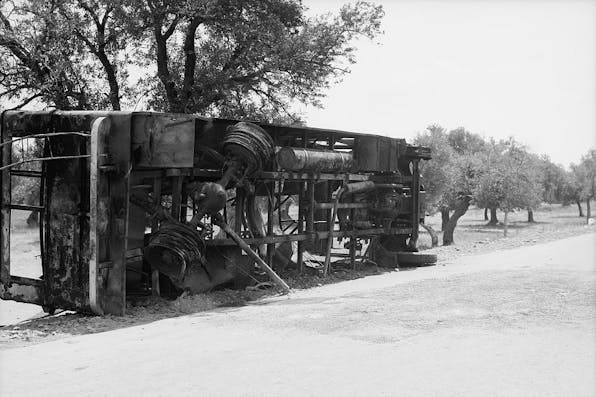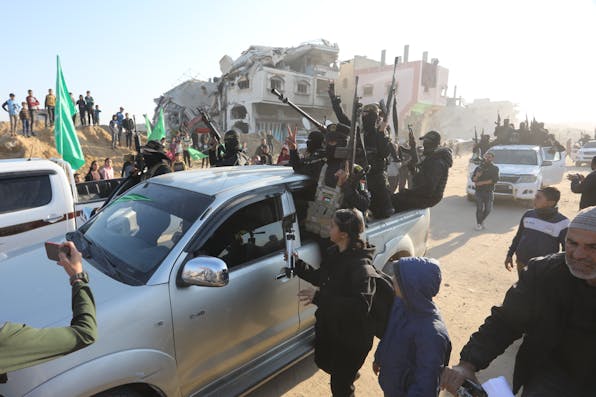
July 29, 2025
Hamas Didn’t Need to Learn Violence from Frantz Fanon
What Bernard Lewis understood about jihad.
Hussein Aboubakr Mansour is a bold thinker. The fate of the Arab dissident is unenviable, even in the West. Yet Mansour writes with fearless conviction, and I applaud his courage. His Mosaic tour de force is densely philosophical and rich in historical detail, delivered with the rhetorical sweep of a manifesto. Mansour offers nothing less than a meta-theory—a unifying explanation for Arab intellectual and political failure. The essay has a hypnotic rhythm: long chains of causation, sweeping generalizations, and grand narrative arcs that pull the reader along.
But after reading Mansour’s essay, I conclude I’ve been in this business too long. I still remember when Yasir Arafat, Edward Said, and Judith Butler were out to prove that the Palestinian “revolution”—and even Hizballah and Hamas—were full members of the “global left” deserving solidarity from decent people. It seemed like a risible proposition.
Now Mansour accepts their premise. Elsewhere, he has written that Butler and Noam Chomsky—who, during a visit to Beirut, embraced the now-martyred Hizballah leader—were “not wrong when they declare that Hamas, Hizballah, and Iran are part of the international left.” The difference is that for Mansour, this is no endorsement. Rather, it consigns radical Arabs and Islamists to an even lower circle of the Inferno. Once, the surest way to discredit them was to trace their lineage to the Nazis. For Mansour, it is to declare them the intellectual progeny of Fanon, Sartre, and Régis Debray.
Responses to July ’s Essay

July 2025
Jihadism Is a Modern Philosophy, but Its Islamic Roots Run Deep
By Daniel Sonnenfeld
July 2025
Hamas Didn’t Need to Learn Violence from Frantz Fanon
By Martin Kramer
July 2025
Today’s Jihadism Uses Ancient Vocabulary, but Its Ideas Are Modern
By Hussein Aboubakr Mansour
July 2025
How Islamism Took Over the Middle East
By Ze'ev Maghen, Hussein Aboubakr Mansour, Bernard Haykel